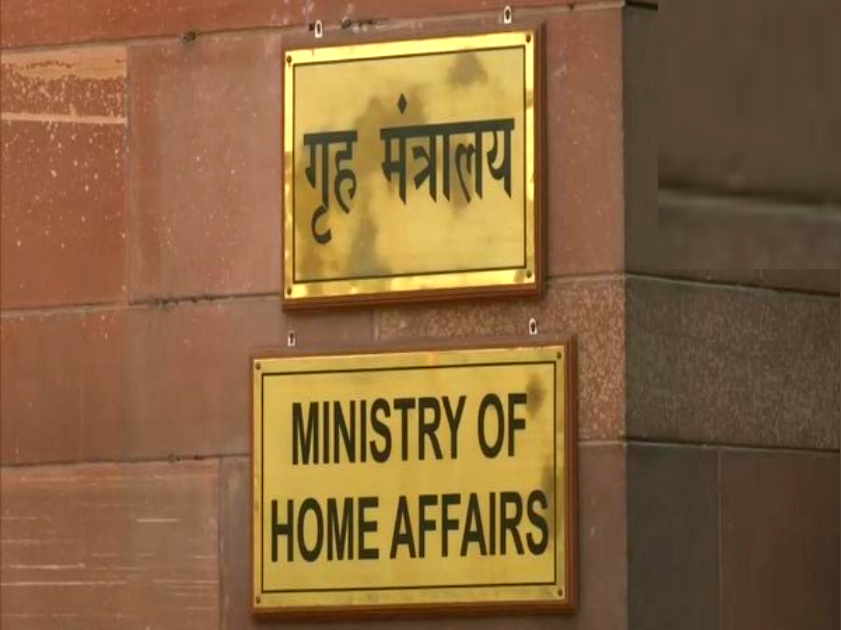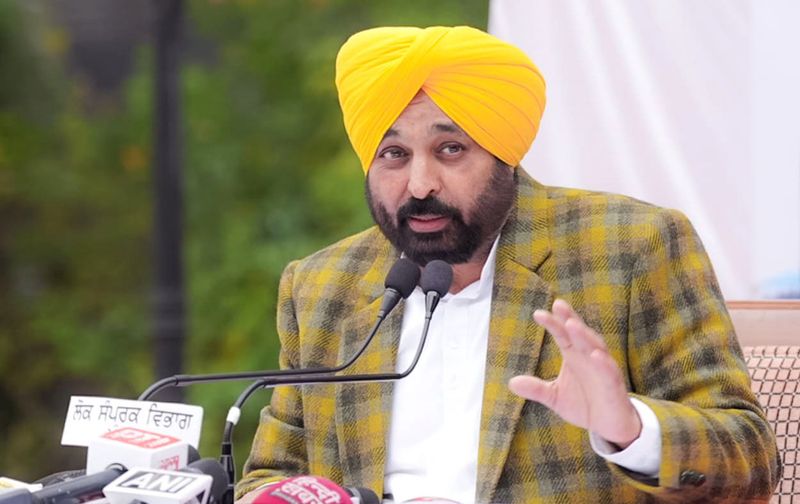The Ministry of Home Affairs (MHA) is all set to notify the three new criminal justice acts replacing colonial laws namely the IPC, the CrPC and the Evidence Act before January 26, official sources said.
The procedure to notify the three new laws– Bharatiya Nyaya Sanhita, Bharatiya Nagarik Suraksha Sanhita and Bharatiya Sakshya Adhiniyam– started soon after President Droupadi Murmu on December 25 gave her assent. As per the sources, the MHA will start a training programme for police officers, investigators and those linked to forensic fields soon after the three laws are notified. The training aims to provide training to the policemen to ensure the implementation of these laws, and ensure fair, time-bound and evidence-based investigation and speedy trial.
For the training programme, the sources said, 3,000 officers from different fields will be appointed to train police officers, investigators and those in forensic departments, and this process will be called a “trainers-training” programme, the sources told the ANI on condition of anonymity.
“The training programme will cover almost 90 per cent of those needed to be trained within nine months to one year,” said the sources.
For the judiciary training, officials said, the MHA has already conducted consultations, and it will be done at Bhopal Academy. Besides, the sources said, there would be a model set-up in Chandigarh to ensure a foolproof online mechanism as most of the records would be electronic or digital.
The Indian Penal Code (IPC) has been replaced with the Bharatiya Nyaya Sanhita, the CrPC with Nagarik Suraksha Sanhita and the Indian Evidence Act has been replaced with the Bharatiya Sakshya Adhiniyam. The three laws were passed by the Parliament in the recently concluded Winter Session.
As per the new laws, generation and supply of records will be in electronic form like Zero FIR, E -FIR, Chargesheet, and victims will be provided information to the victim in digital form. After the complete implementation of these laws, the victim will get justice within three years and the police officers will have to provide information through digital means within 90 days. The focus will be on forensic evidence for which the sources said 900 FSL vans will be provided to all police districts to visit crime scenes and collect videography and forensic evidence mandatory in cases involving punishment of seven years or more than seven years.
Recording of evidence in an investigation, videography through electronic devices of the entire process of searching or seizing any property by the police, and statements of rape victims can be recorded through audio and video electronic means as per these Acts.
There is a major focus of Section 20 of Bharatiya Nagarik Suraksha Sanhita for the Directorate of Prosecution and it defines the eligibility, functions and powers of various authorities under it. The duties and responsibilities of different levels of prosecuting officers were laid down to ensure desired coordination. The provision of supervision by the prosecutor has been introduced during the investigation phase.
The post of Directorate of Prosecution will be established on the district level and the criteria for appointment of Director of Prosecution and Assistant Director of Prosecution has been revised in Bharatiya Nagarik Suraksha Sanhita, 2023.







